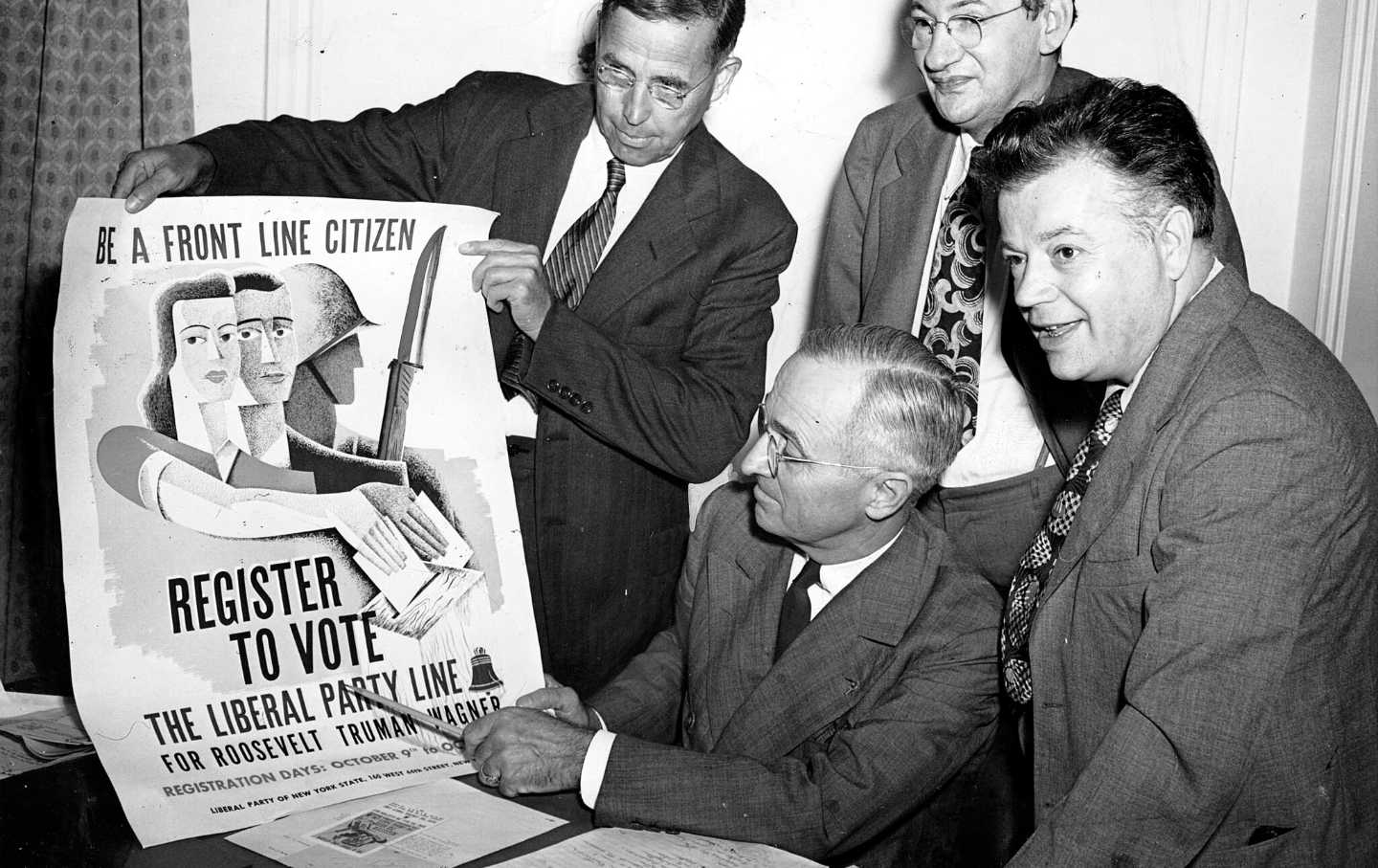
"During my interview for the Harry S. Truman Scholarship, I was asked whether the administration should intervene when Jewish students are unsafe on campus, followed by a provocative comparison to potential violence against Black students."
"The Truman Scholarship is designed to support principled leaders, yet my interview focused more on political affiliations and views on Israel and Palestine than on relevant policy issues."
"Ask tough questions ensures scholarship panels evaluate candidates. However, when individuals are targeted for their beliefs or affiliations, the process can turn into a political litmus test."
"Each year, approximately one student per state receives the Truman Scholarship, which is intended to honor President Truman's commitment to democracy and leadership."
The Harry S. Truman Scholarship interview process sometimes shifts focus from policy to contentious political views, particularly regarding sensitive topics such as Israel and Palestine. This diversion from core application content raises concerns about fairness, especially when candidates are scrutinized based on affiliations or beliefs. While tough questions in interviews can be valuable for assessment, targeted questioning risks undermining the intent of the scholarship aimed at fostering principled leadership. The scholarship, established by Congress in 1975, supports students committed to public service and democratic principles.
Read at The Nation
Unable to calculate read time
Collection
[
|
...
]